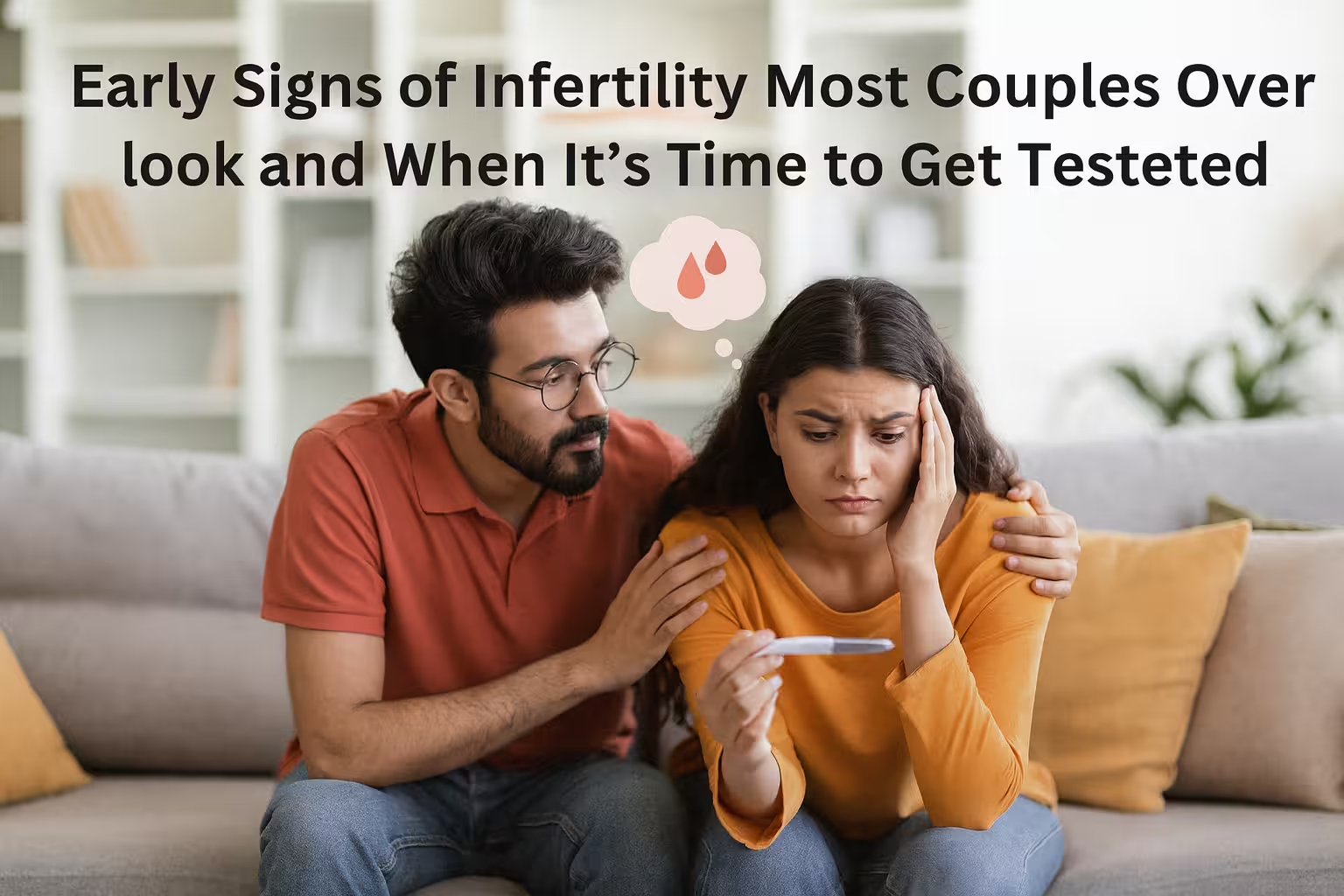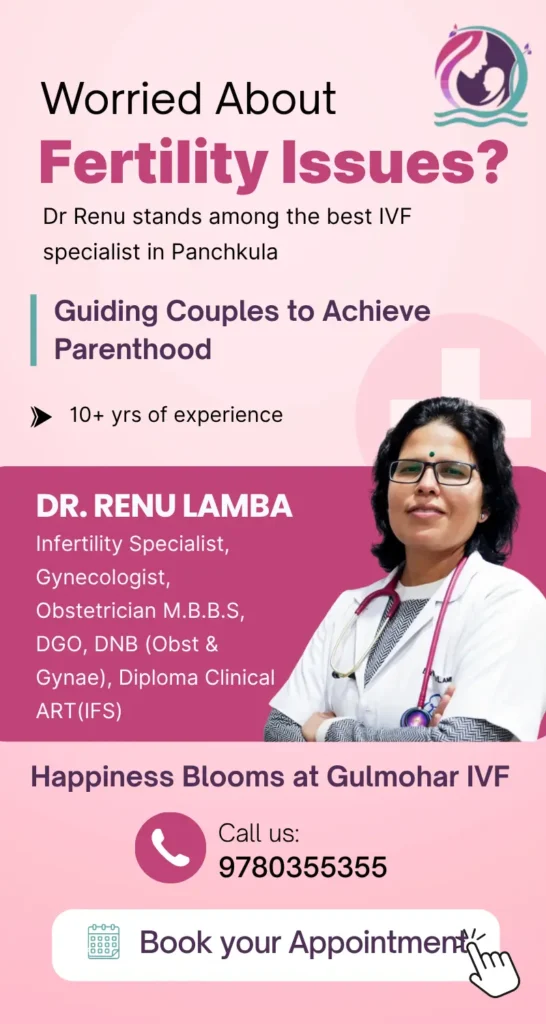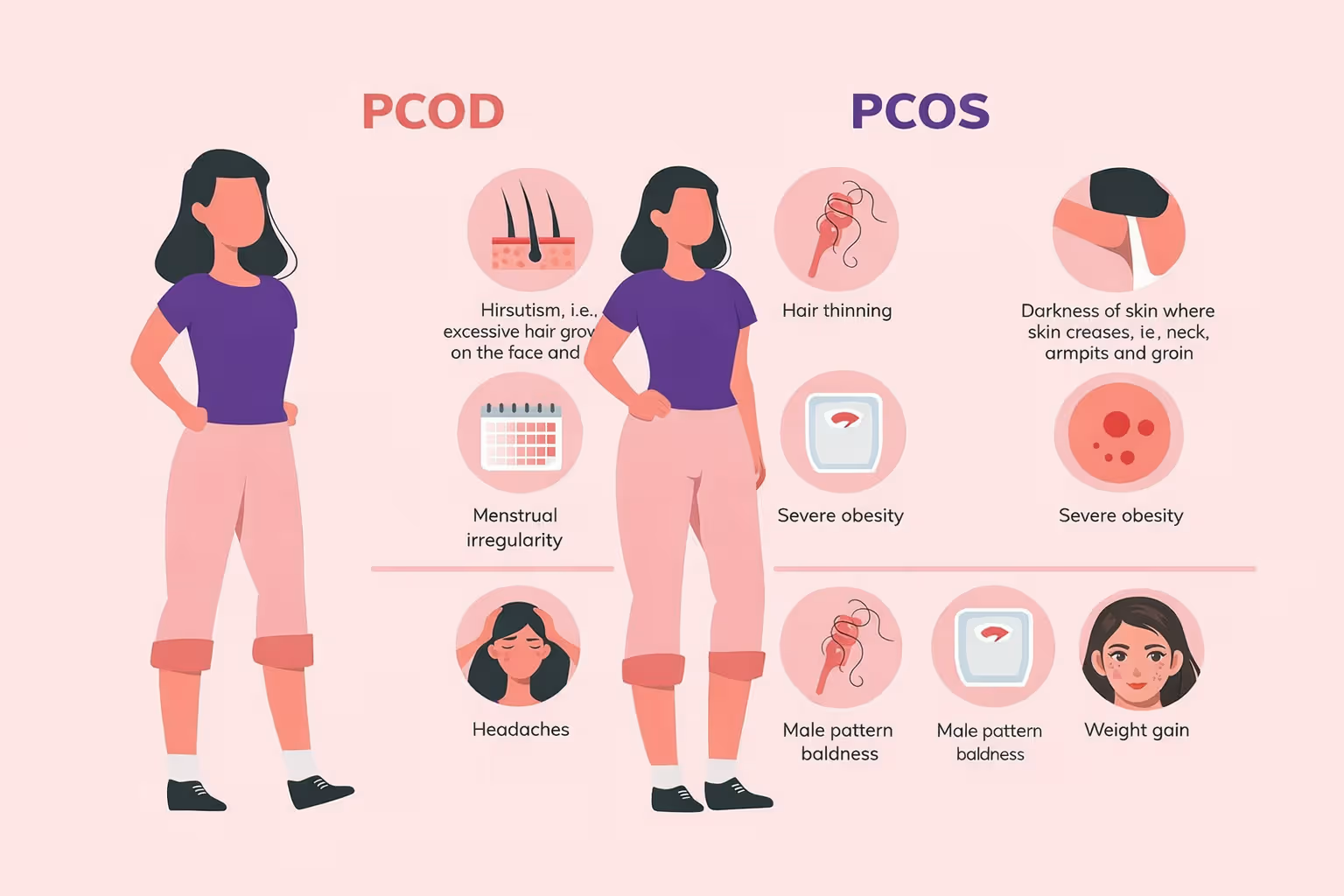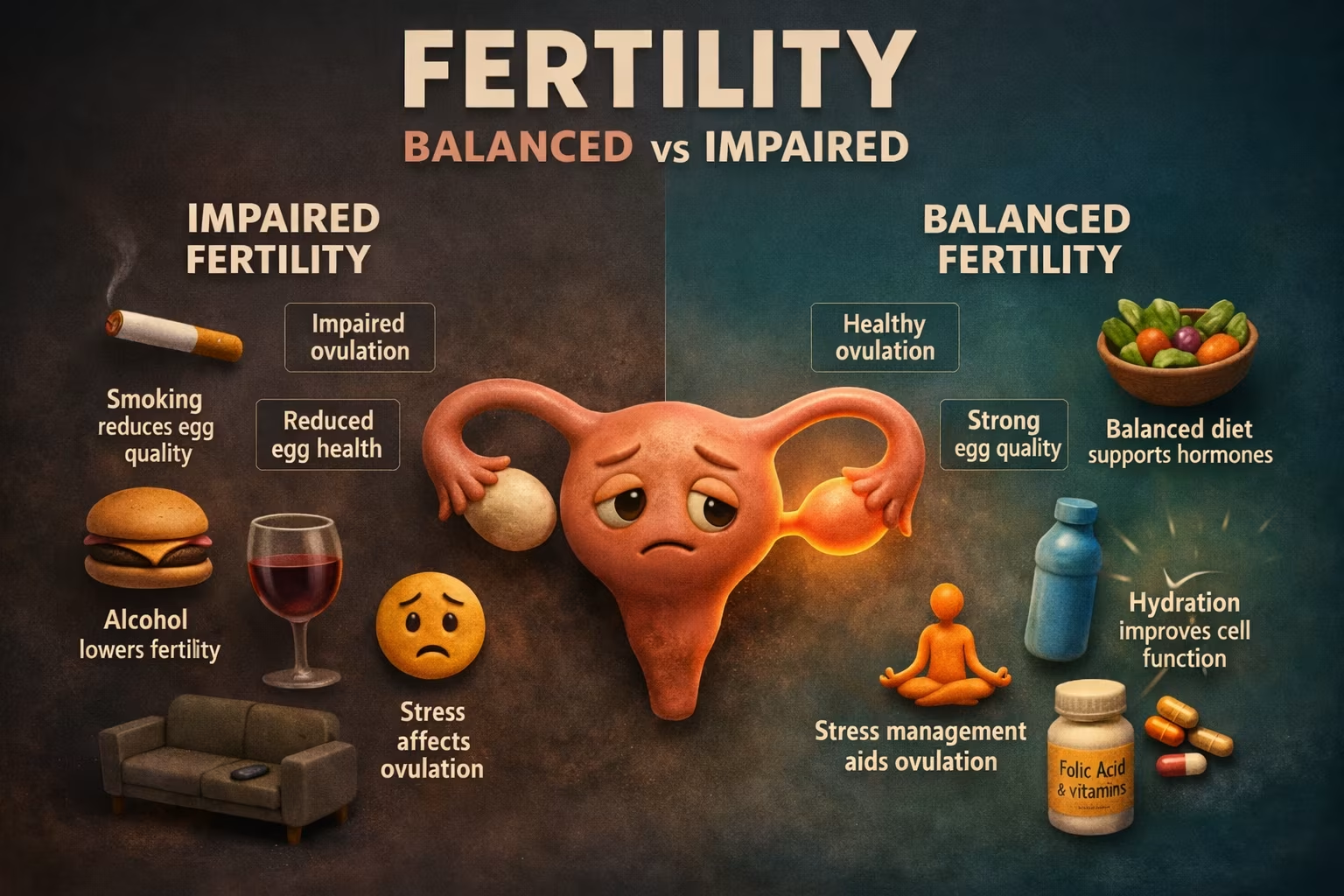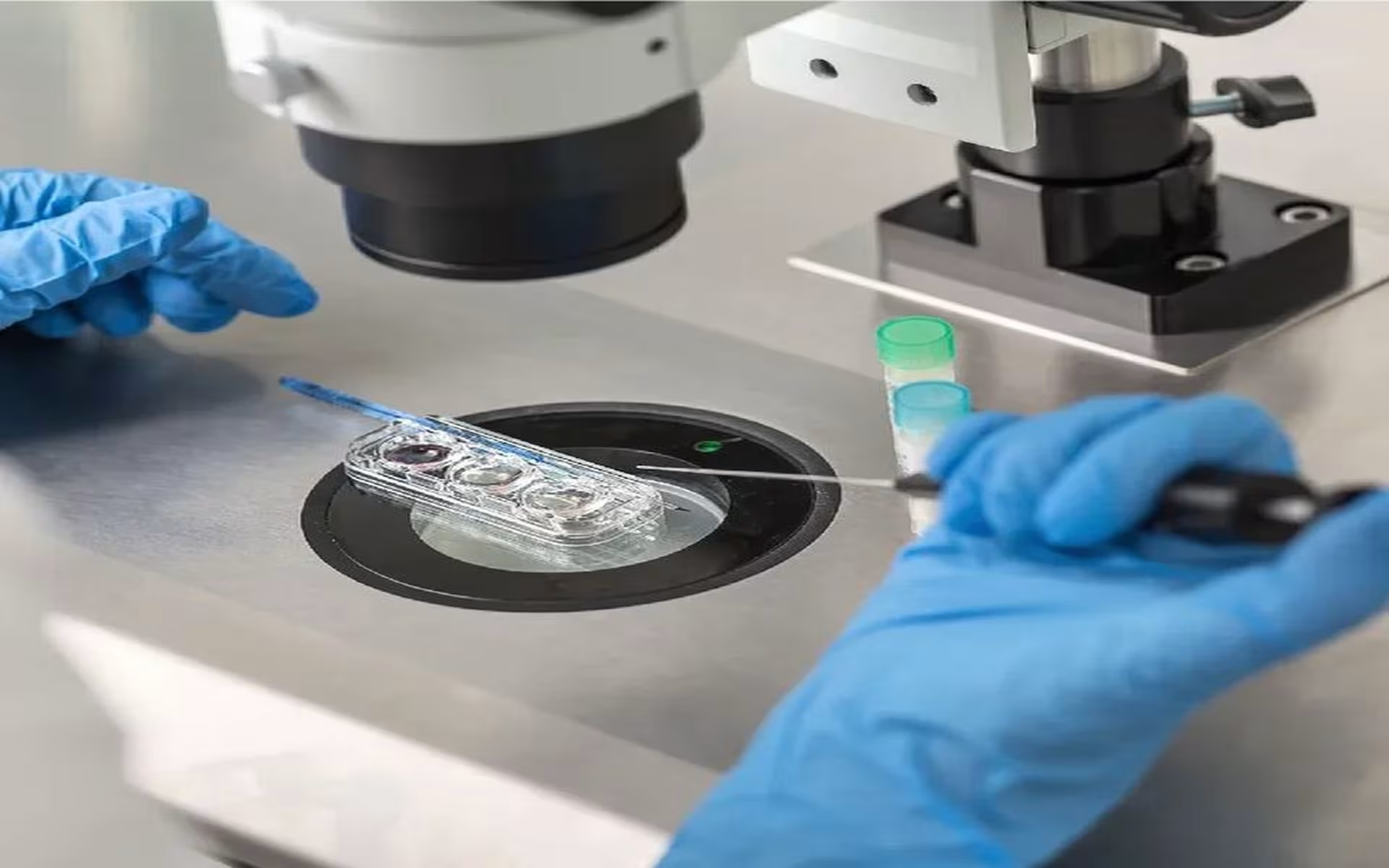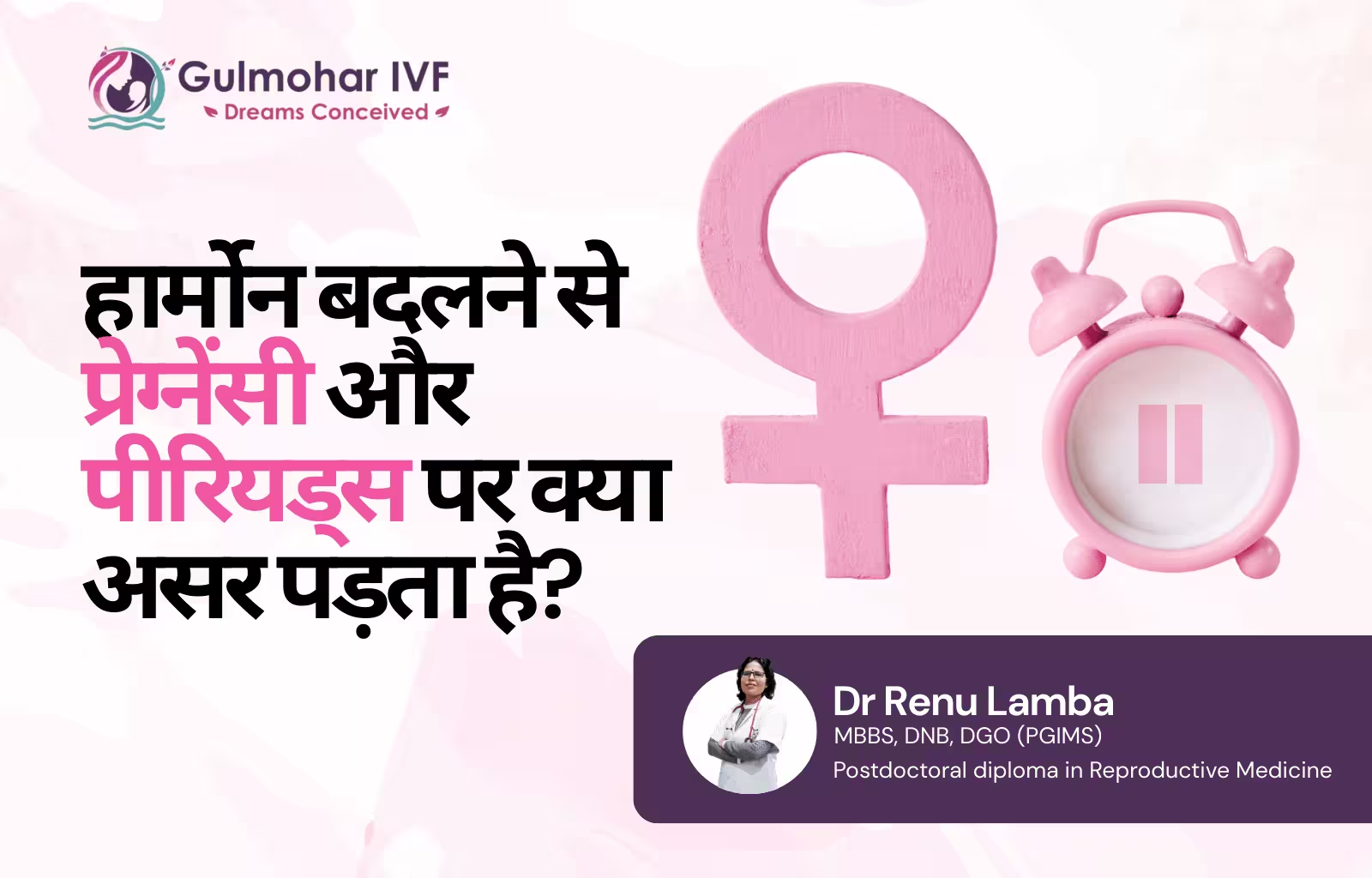Here’s the thing. Most couples assume infertility means you’ve been trying to get pregnant for a year and nothing’s worked. But the truth? The signs usually start showing much earlier. Your body gives small hints, subtle signals that something’s off, but they’re easy to miss when life’s busy. Maybe your periods have been different lately. Maybe your partner’s energy is low. Maybe you both feel like something’s not syncing right. These early signs of infertility are your body’s quiet way of asking for attention.
Let’s break it down. What are these early signs, why do they happen, and when is it actually time to get tested? I’ll explain this in the simplest, real-world way possible.
Understanding Fertility and Why Early Testing Helps
Fertility isn’t just about one person or one system. It’s teamwork between your hormones, egg and sperm quality, lifestyle, and timing. When one piece slips out of balance, conception becomes harder. Think of it like an orchestra when every instrument’s in tune, the music sounds perfect. But if one violin goes off key, the whole sound feels wrong. That’s exactly how fertility works.
Here’s what this really means. When you spot an issue early, you can fix it faster. Early testing helps find small imbalances before they turn into bigger hurdles. It’s not about rushing into treatment it’s about understanding what’s going on inside your body.
According to the study, early evaluation and diagnosis increase the likelihood of conception while reducing emotional stress for couples. Similarly, infertility affects nearly 10–15% of couples worldwide most of whom could benefit from early testing and lifestyle management. In India, experts note that conditions like PCOS, thyroid imbalance, and stress-related factors are now among the leading causes of fertility delay in women under 35.
Early Signs of Infertility in Women
You won’t believe how many women ignore their body’s signals until months pass. Your body talks all the time you just have to listen. Here are the signs you shouldn’t brush off:
- Irregular or unpredictable periods
- Painful or heavy bleeding during periods
- Spotting between cycles
- Sudden acne, facial hair, or hair loss
- Unexplained weight gain or fatigue
- Low sex drive or dryness
What this really means is that your hormones might not be balancing properly. For example, irregular periods often signal ovulation problems, which directly affect fertility. Painful cramps could point to endometriosis. And unexpected weight changes often connect to thyroid or insulin issues.
Your menstrual cycle is like your body’s monthly report card. If it’s changing often, that’s not something to ignore it’s your system asking for a little help.
Early Signs of Infertility in Men
Here’s the thing most people forget fertility isn’t just about women. In about 40% of infertility cases, male factors play a major role. But men often miss the signs because they’re not as obvious.
You should look out for:
- Low sexual desire or trouble with stamina
- Pain or swelling in the testicles
- Fatigue or loss of body hair
- Changes in weight or mood
- History of infections or injuries
In my experience, men often assume that as long as they’re healthy, everything’s fine. But sperm health doesn’t show on the outside. It’s like your Wi-Fi signal looks strong, but you can’t tell the strength until you test it.
Sperm count and motility can easily be affected by stress, heat exposure, or hormones. The earlier you test, the faster you can fix it.
Lifestyle Habits That Quietly Affect Fertility
Sometimes infertility doesn’t start in your body it starts in your daily routine. Little habits like skipping meals, working late, or being glued to your phone at night can affect hormones more than you’d think.
Here’s what silently affects fertility:
- Chronic stress
- Poor sleep
- Excess caffeine or alcohol
- Smoking
- Extreme dieting or over-exercising
- Being overweight or underweight
Your body works best when it feels safe and cared for. When stress hormones like cortisol stay high, your body puts reproduction on hold. That’s why relaxation, good sleep, and balanced eating matter more than any supplement or shortcut.
According to a study, couples who actively managed stress early improved their conception chances by nearly 20%. That’s not luck it’s biology responding to calm.
Common Medical Conditions That Cause Hidden Infertility
| Condition | How It Affects Fertility | When to Get Help |
|---|---|---|
| PCOS (Polycystic Ovary Syndrome) | Prevents ovulation and causes hormone imbalance | If you have irregular periods, acne, or weight gain |
| Endometriosis | Causes inflammation and pelvic pain | If periods are painful or heavy |
| Thyroid Disorders | Disrupts hormone levels and ovulation | If you feel tired or notice weight or mood changes |
| Low Testosterone (Men) | Reduces sperm count and quality | If libido or energy levels drop |
| Blocked Fallopian Tubes | Prevents egg and sperm from meeting | If you’ve had pelvic infections or surgery |
| Varicocele (Men) | Enlarged veins lower sperm quality | If you notice pain or swelling in the scrotum |
All these conditions are treatable when detected early. The key is not to wait until symptoms worsen.
When to Get Tested for Infertility
So, here’s the bottom line. Don’t wait for a full year if your instincts tell you something’s wrong. The “12-month rule” is a general guideline, not a waiting game. You can test earlier if things feel off.
You should get tested if:
- You’re under 35 and haven’t conceived after a year
- You’re over 35 and it’s been six months
- Your cycles are irregular or painful
- You’ve had multiple miscarriages
- Your partner has hormonal or testicular problems
Getting tested early doesn’t mean you’re giving up. It just means you’re being smart about your time.
What Happens During Fertility Testing
Testing sounds heavy, but it’s simple. Most tests are quick and non-invasive.
For women, doctors usually suggest:
- Blood tests to check FSH, LH, AMH, thyroid, and prolactin
- Ultrasound to see the ovaries and uterus
- HSG to check if fallopian tubes are open
- Ovulation tracking
For men, the main test is a semen analysis. It checks sperm count, movement, and shape. Hormone levels like testosterone are also tested.
It’s like running a health check on your body’s reproductive system nothing to fear, and everything to gain.
Simple Changes That Help Before or Alongside Testing
Before you think about treatments, start with small habits. They make a huge difference.
Try this:
- Eat balanced meals with proteins, vegetables, and healthy fats
- Get enough sleep every night
- Reduce caffeine and alcohol
- Exercise moderately not excessively
- Take short breaks during the day to calm your mind
- Avoid smoking or staying up too late
When you take care of your routine, your hormones start finding their rhythm again. Fertility isn’t just about medical help it’s about lifestyle harmony.
“Fertility is your body’s way of saying ‘I’m ready.’ Give it the peace and balance it needs, and it usually responds.”
Treatment Options If Infertility Is Found
If your tests show an issue, don’t panic. Most fertility issues today are treatable. Medicine has advanced to the point where solutions exist for almost every cause.
For women, treatments may include:
- Ovulation-inducing medicines
- Hormone therapy
- IUI (Intrauterine Insemination)
- IVF (In Vitro Fertilization)
- Minor surgery for blocked tubes or endometriosis
For men, options include:
- Supplements and medication to improve sperm health
- Hormone correction
- Surgery for varicocele
Every case is unique. The goal isn’t to jump to IVF immediately but to understand what your body actually needs. Sometimes, a simple lifestyle adjustment does the trick.
Conclusion: Don’t Wait for the Perfect Moment Take the First Step
Infertility rarely appears out of nowhere. It builds slowly while you’re focused on work, family, or stress. The early signs of infertility are gentle reminders, not punishments. When you notice them and act early, your chances of conceiving improve dramatically.
At Gulmohar IVF Centre, Dr. Renu Lamba and her team believe in early diagnosis and personalized care. They focus on understanding your cycle, lifestyle, and emotional health before deciding on treatment. Whether it’s balancing hormones, managing PCOS, or offering IVF, the goal is always to work with your body not against it.
“Your body already knows how to create life. Sometimes, it just needs the right help to remember how.”
If you’ve been noticing signs or have been trying for a while without success, don’t wait for the “perfect time.” Talk to a fertility expert, get tested, and take your first step toward clarity.


